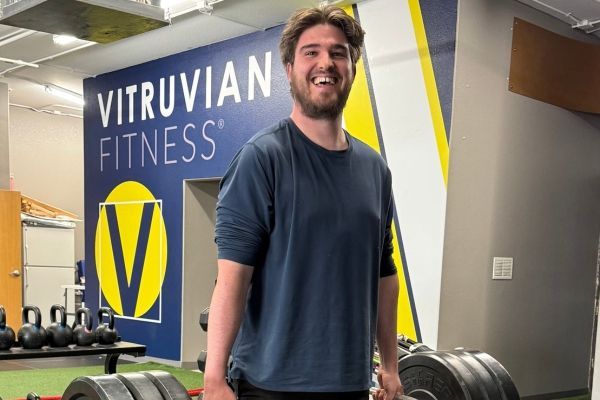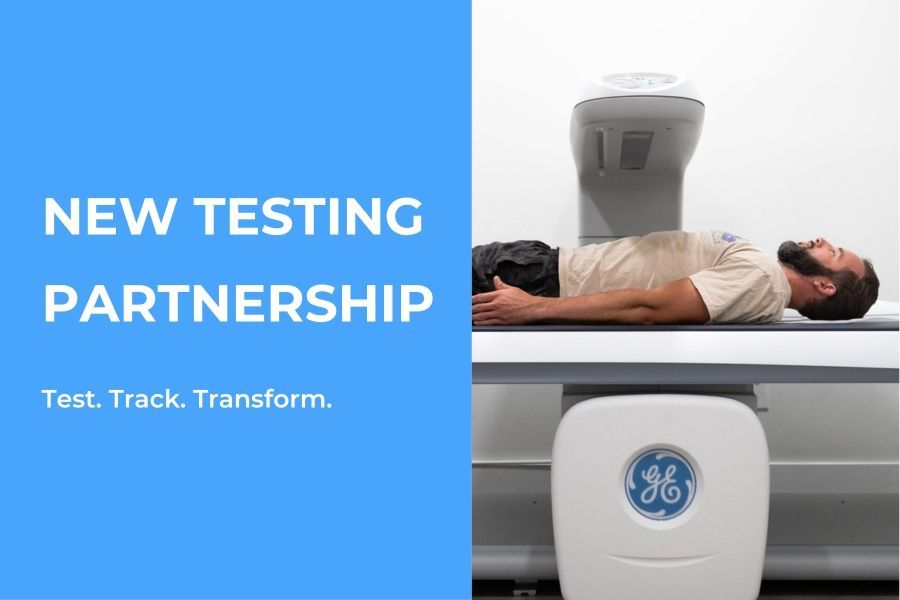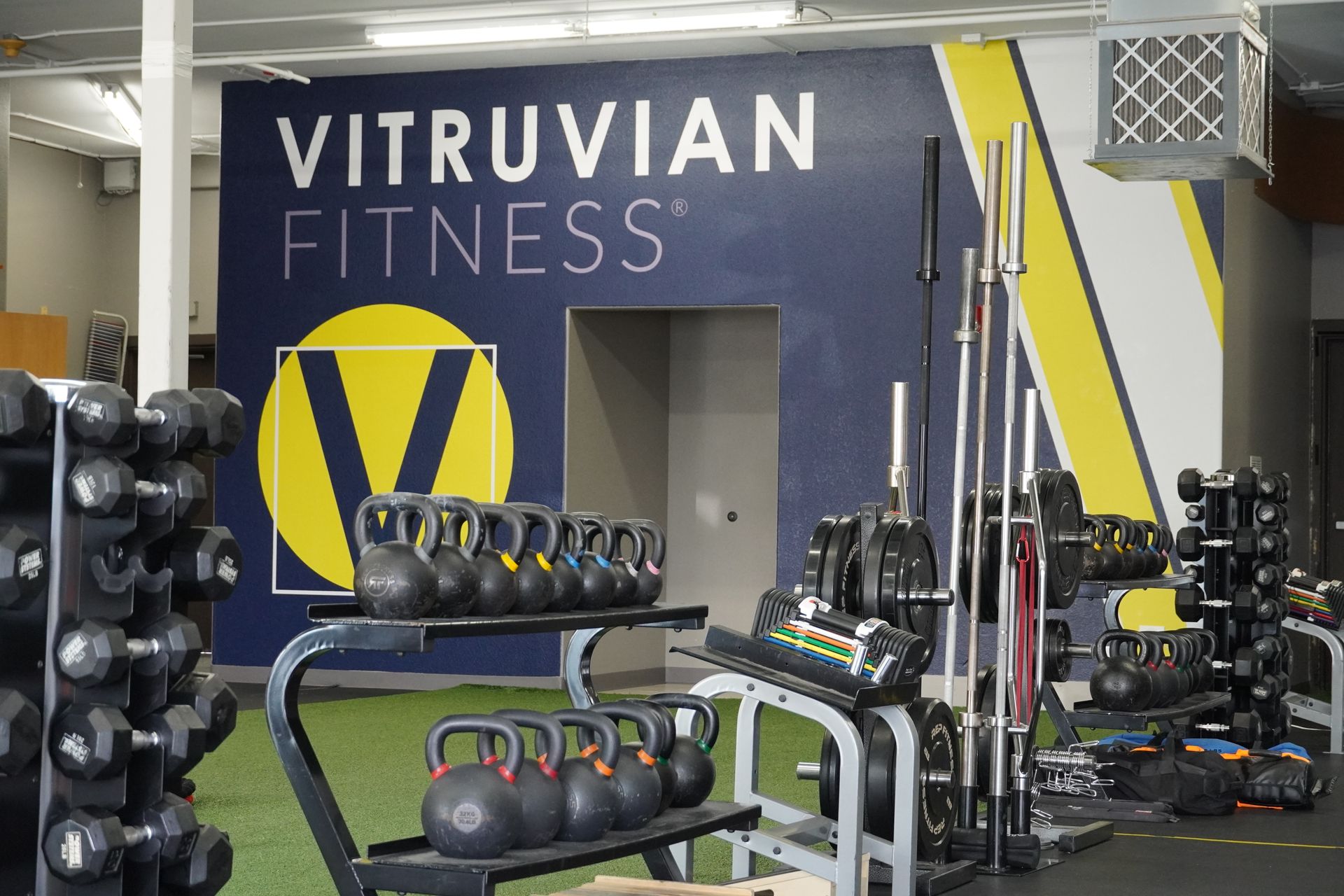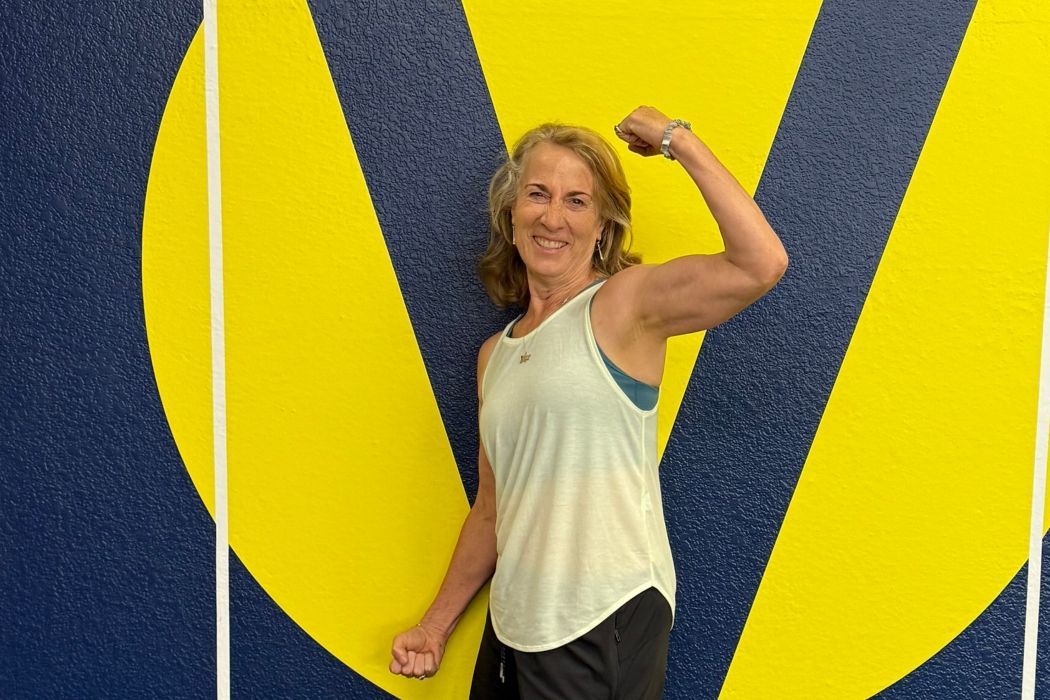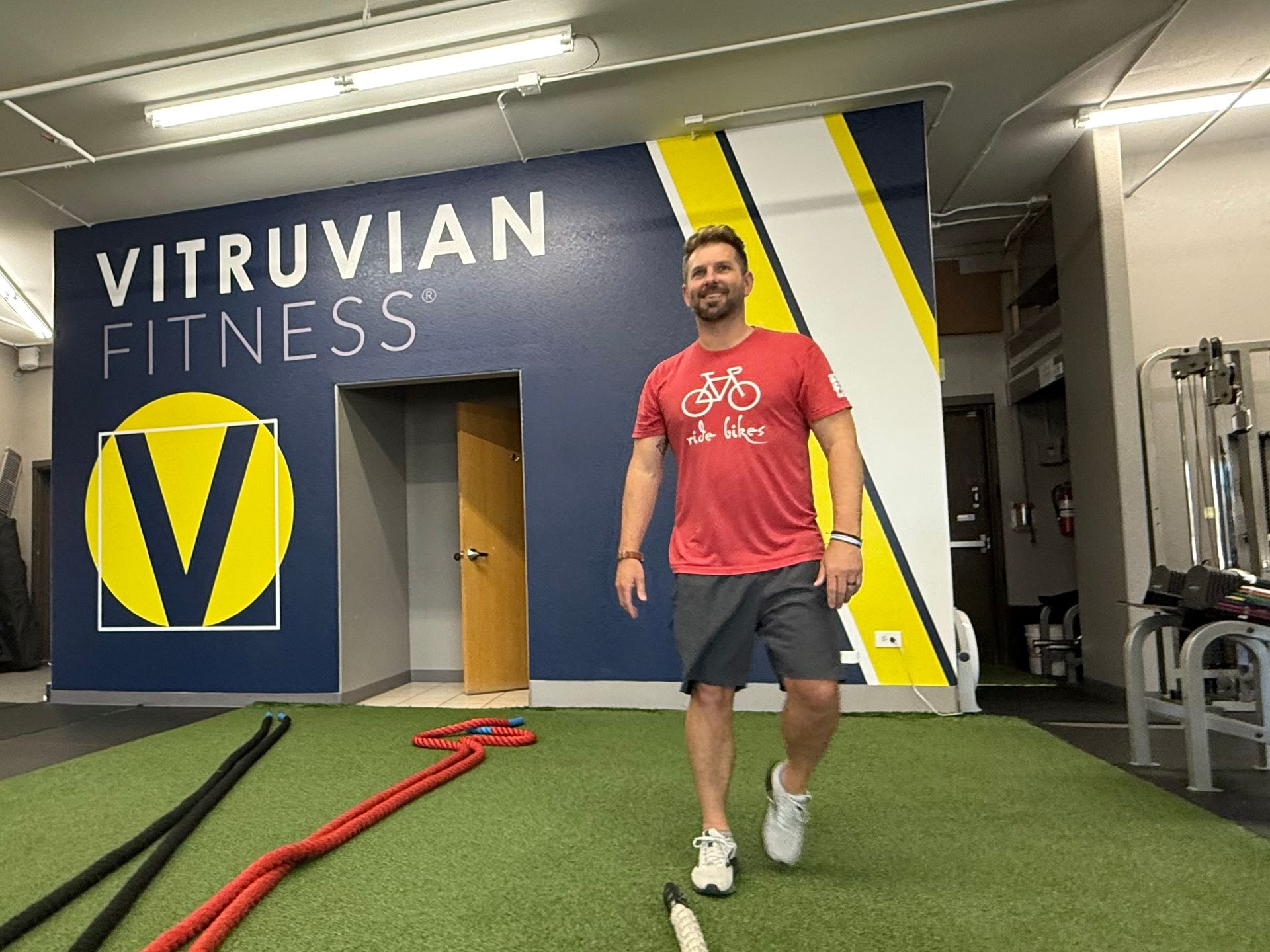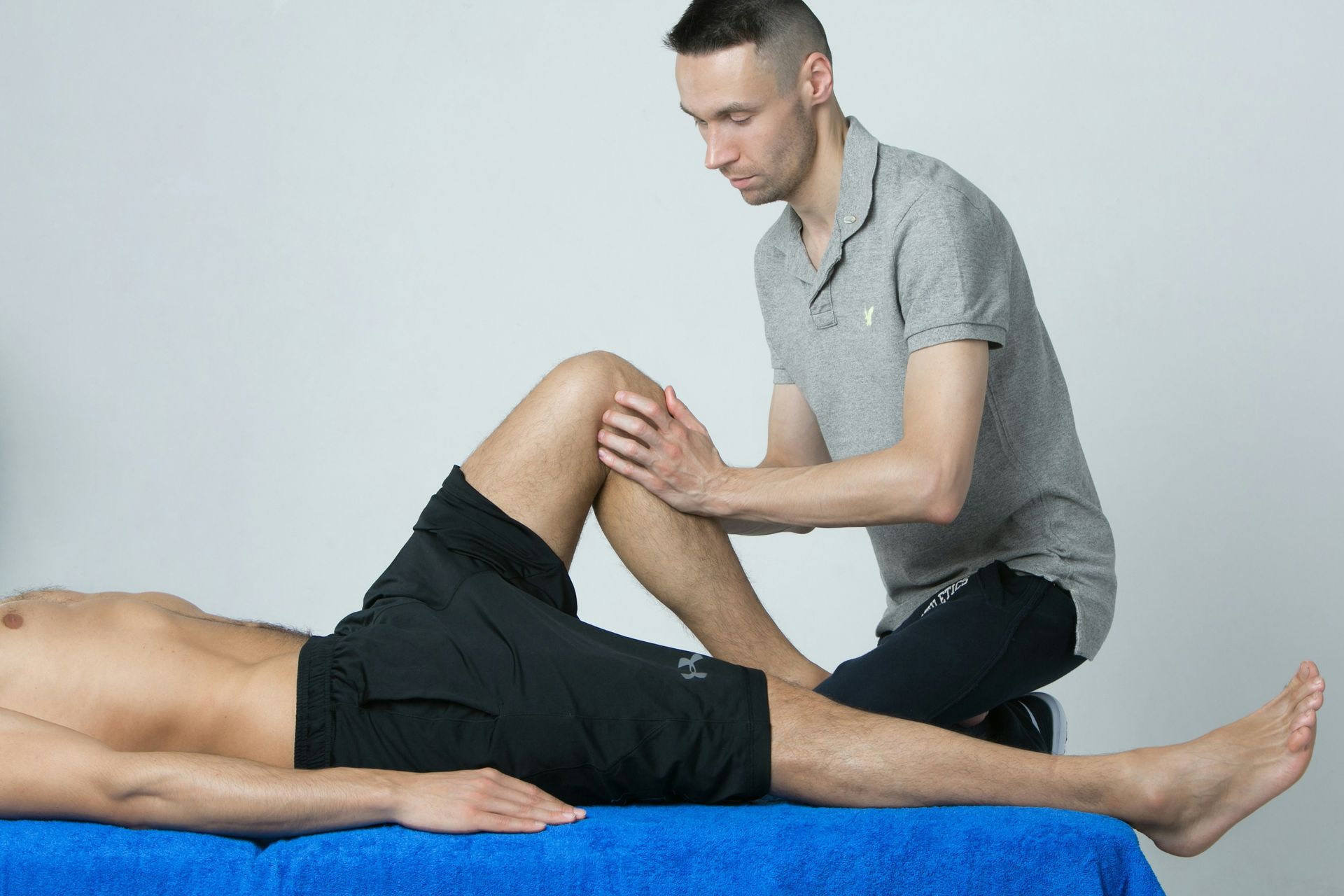What Are “Non-Scale Victories” and Why Do They Matter?
Why Non-Scale Victories Matter More Than Weight Loss
For as long as I've been paying attention, I feel like I've been told, either directly or subliminally, that our weight defines our health, happiness, and worth. From magazine covers (does anyone read magazines anymore? 🤔) to social media, we're being exposed to a near constant barrage of images and messages that are messing with what we know to be true:
Fixating on the scale is one of the least helpful things you can do
for your well-being.
Real progress isn’t about a number on the scale. In fact, of the top 10 health related markers, weight is not on the list at all. Many of those 15 are difficult to assess without medical testing. So, how can we keep easy tabs on our health? Non-Scale Victories. That's how.
(I'll write about those top 10 another time but if you want a sneak peak, you can read
Outlive by Peter Attia.)
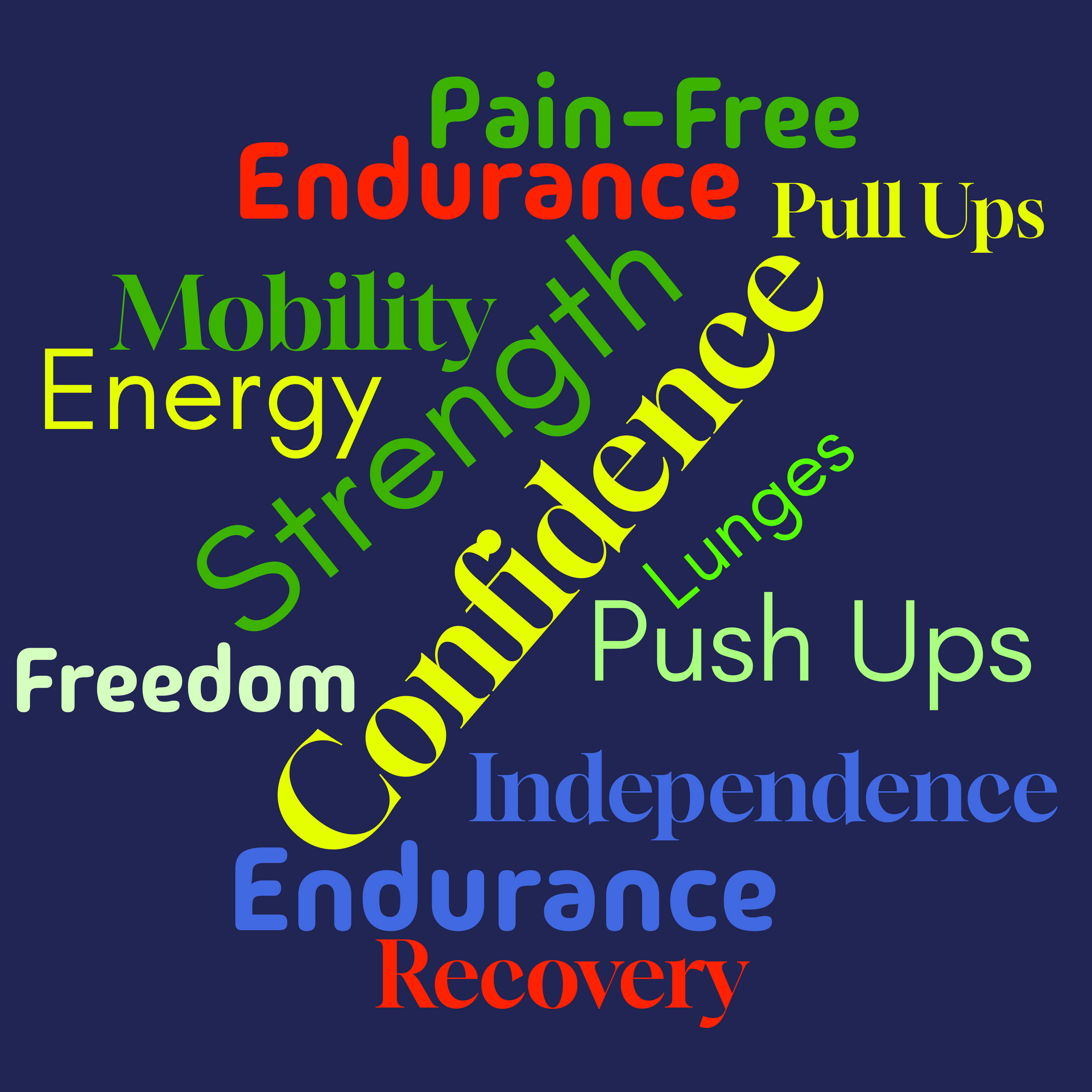
Fitness, health, and wellness are too often reduced to a number on the scale, which is easy to measure but only a fraction of the story. It doesn’t measure your strength, endurance, energy levels, confidence, or the ability to do the things you love. At Vitruvian Fitness, we focus on non-scale victories (NSVs)—meaningful milestones that reflect real progress in your health and performance, without fixating on weight.
What Are Non-Scale Victories?
NSVs are those moments when you realize you're moving, feeling, and living better. They could be as simple as:
✅ Sleeping more soundly
✅ Walking up and down the stairs without knee pain
✅ Feeling stronger when lifting grocery bags
✅ Playing with your kids (or grandkids) without getting winded
✅ Finally mastering a push-up or pull-up
When a new client joins us, one of our first questions is: “What do you want to be able to do that you can’t do right now?” The answers guide our training plans, and the progress we celebrate isn’t about a number—it’s about real-life wins.
Some Common Fitness Goals We Hear:
- Getting stronger and more athletic (whether for general fitness or a specific sport like cycling or skiing)
- Reducing pain and moving more freely (especially for the back, shoulders, or knees)
- Rebuilding energy and endurance after an illness or life change
- Feeling more in control of health (managing stress, aging, or medical conditions like diabetes, depression, or Parkinson’s)
While some people do want to lose weight, we often find that their deeper goal is feeling healthier, happier, and more in control of their body—and that doesn’t always require a lower number on the scale.
Health, Happiness, and What Really Matters
Research on happiness shows that truly fulfilled people have:
✔ Strong relationships
✔ A sense of purpose
✔ The ability to move and do what they enjoy
✔ A healthy balance of work, rest, and play
Notice what’s missing? Weight.
The World Health Organization defines health as “a state of complete physical, mental, and social well-being—not just the absence of disease.” That’s the approach we take at Vitruvian Fitness. When you feel strong, energized, and pain-free, you have the freedom to live a happier, more meaningful life.
Non-Scale Victories to Celebrate
If the scale isn't your measure of success, what is? Here are just a few signs you're on the right track:
💪 More strength, endurance, and mobility
🩸 Improved bloodwork and lower blood pressure
⚡ More energy throughout the day
😴 Better sleep and recovery
😊 Greater confidence and a positive mindset
🥦 A healthier relationship with food and appetite
🧘 Less stress, anxiety, and tension
🔥 A more active (and enjoyable) sex life
🏆 Personal records—your first pull-up, a heavier deadlift, or mastering a movement you once struggled with
At Vitruvian Fitness, we don’t measure success by the scale—we measure it by how much better your life gets.
What’s a non-scale victory you’re working toward?
Curious to learn more?
We encourage you to do a 30-Day Trial Membership. In 30 days, you will get a 1-on-1 introductory onboarding session with Functional Movement Screen® plus 8 completely customized strength training sessions doing the program we design based on that first session And you’ll get to be a part of one of the most inviting, inclusive, and fun communities you’ll find anywhere. At the end of your trial, you get to decide if you liked it and if you want to continue with a regular 6-month membership. All the options and prices are on our Membership page.
You might also enjoy these posts . . .
